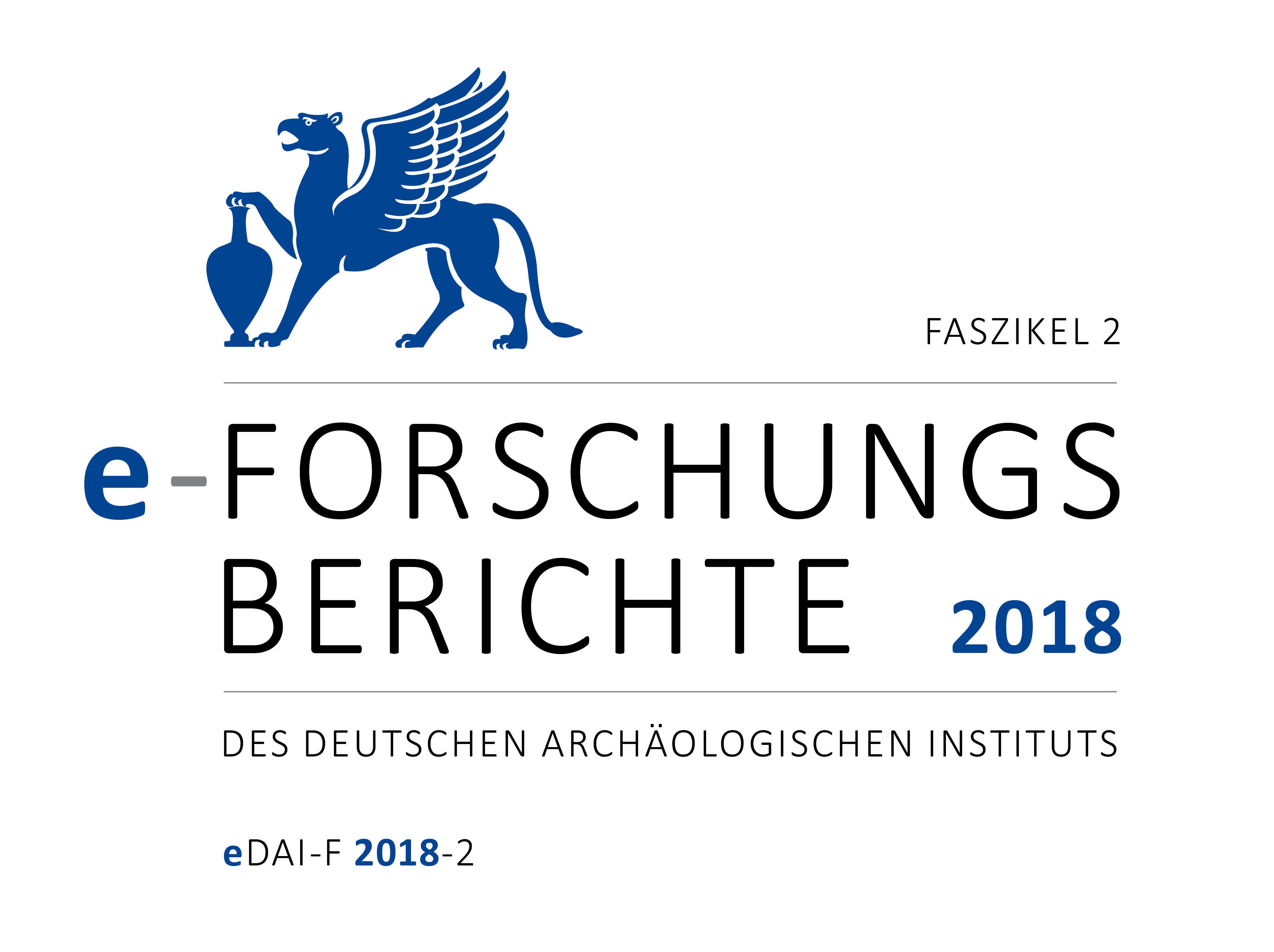Umm el-Qaab (Abydos), Ägypten. Untersuchungen zum Osiriskult in Abydos vom Alten Reich bis in die Spätzeit. Die Arbeiten der Jahre 2017 und 2018
https://doi.org/10.34780/jc7t-cma9
Résumé
The site of Abydos, the main Egyptian centre of the cult of the god Osiris, flourished from the predynastic period until Christian times. Osiris was one of the most important deities of Ancient Egypt, whose principal association is with death, resurrection and fertility. The tomb of this god, a form of cenotaph which seems to have appeared from at least the Middle Kingdom onwards, was placed in Abydos. It is associated with the mythological narrative of Osiris, in which parts of his dismembered body were scattered over the country, Abydos being particularly sacred in this respect. Egyptian kings sought to take part in the resurrection of Osiris to gain legitimization for their kingship. Annual performances and processions took place at this sacred site. The cultic activities led to countless ritual and votive material in Umm el-Qaab, the former ancient necropolis of the early dynastic kings of Egypt. The focus of work done in 2017 and 2018 concentrated mainly on the documentation of inscribed material.Téléchargements
Publiée
2018-11-16
Numéro
Rubrique
Artikel
Informations bibliographiques et critiques
Comment citer
Effland, U. et Effland, A. (2018) « Umm el-Qaab (Abydos), Ägypten. Untersuchungen zum Osiriskult in Abydos vom Alten Reich bis in die Spätzeit. Die Arbeiten der Jahre 2017 und 2018 », e-Forschungsberichte des DAI, p. 47–51. doi:10.34780/jc7t-cma9.





